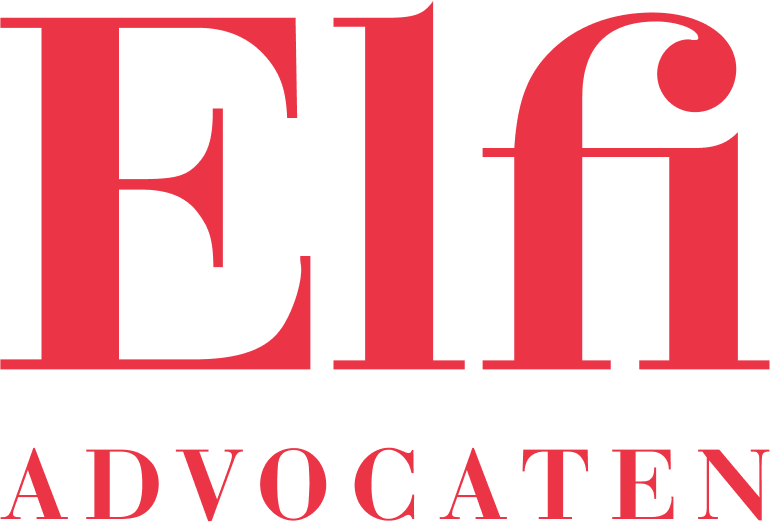The broad scope of employer liability
In this blog, I will specifically discuss employer liability in the context of company outings and will answer the following question: If an employee suffers personal injury during a company outing, can they hold their employer liable?
The duty of care in the event of workplace accidents The employer has a duty of care under Article 7:658 of the Dutch Civil Code (BW). This duty of care means that the employer must take reasonable measures to prevent their employee from suffering damage in the course of their duties. If the employee does suffer damage, the employee can hold them liable. For example, if an employee loses their finger while working with machinery, this is a workplace accident. The employee can hold the employer liable for this, because the employee suffered their damage in the course of their duties.
Company outings However, there are cases in which it is not clear whether the damage was sustained in the course of the duties. This is the case with a company outing. Does Article 7:658 BW also apply to these cases? Or does a company outing have too little connection to the course of the duties?
Land Rover case In a case from 1991, the appeal on employer liability under Article 7:658 BW for personal injury sustained during a company outing succeeded. In this case, a kick-off meeting took place. After this meeting, the non-official part of the meeting took place, consisting of various program elements. One program element was driving a Land Rover over the heath. An employee chose to participate in this element. There were no safety belts on the back seat of the Land Rover where the employee was sitting. During the activity, the Land Rover drove through a deep ditch, causing the employee to break two vertebrae. This injury resulted in long-term disability. The employee held their employer liable for this.
The Utrecht District Court ruled that the employer’s duty of care also extends to (relaxing) activities organized by the employer if there is a sufficiently close connection between the activity and the work to be performed by the employee. This was the case because the activity was part of the business program. In addition, the employee could hardly avoid participating in the meeting given their (example) position as head of human resources. Furthermore, the employer had not taken the simple safety measures. The employer had therefore not fulfilled their duty of care. It was not relevant that the employer had outsourced the organization of the activity to third parties.
Rodeo bull case In a recent ruling by the Midden-Netherlands District Court, the appeal on employer liability under Article 7:658 BW did not succeed. The case is as follows. To end the school year 2017, the school organized a party for its staff with the theme “Wild West”. A rodeo bull was present at this party. Employees could participate in riding the rodeo bull. This is what a female employee did. After she slid off the bull, she fell awkwardly onto the cushions under the rodeo bull. This caused the female employee to suffer personal injury to her arm and shoulder. The female employee held her employer liable under Article 7:658 BW for the damage she had suffered.
The court ruled that the employer was not liable under Article 7:658 BW. First, the staff party was not to be regarded as ‘work to be performed by the employee’. After all, the female employee was not required to be present at the staff party. There were no employment law consequences for not being present at the staff party. In addition, there is no question of a student-related activity. This is a special consideration of the court. It was important whether there were students present at the staff party. Given that this was not the case, participation in the staff party was voluntary. In addition, there was no social pressure on the female employee to participate in riding the rodeo bull. She was completely free to choose whether to participate in this.
The appeal on employer liability also failed on the basis of Article 7:611 BW. This article deals with good employership. I will go into this article in more detail below. According to the court, the rodeo bull was well-built and there were sufficient safety measures taken. In addition, it would otherwise become impossible for an employer to organize a sport and play situation for a staff party, if organizing rodeo bull riding with voluntary participation would lead to employer liability.
Good employership
If an employee cannot hold the employer liable on the basis of Article 7:658 BW, they can also rely on Article 7:611 BW, good employership. This was ruled by the Supreme Court in the “Rollerskate ruling”. The case is as follows. Every quarter, the employer organized a relaxation activity for its employees outside working hours. The employees suggested taking a workshop on roller skating and received approval for this. The organization of the workshop was outsourced to third parties. The lesson took place in the hall of the employer’s company. A female employee came to work on her day off for the lesson. The female employee put on her roller skates and went to the hall for the lesson. However, before she arrived, she fell hard. This caused the female employee to break her wrist and develop post-traumatic dystrophy. She held her employer liable for the damage she had suffered.
The Supreme Court ultimately ruled that the employer can be held liable on the basis of Article 7:611 BW. Although the female employee voluntarily participated in the workshop, the workshop took place in the employer’s office hall. In addition, the employer co-organized the activity and there were risks associated with the activity. Therefore, there was some connection between the workshop and the work, which meant that the employer had a duty of care and prevention. This duty means that the employer must always check whether they can take out insurance for the risks associated with the company outing. The employer must also adequately warn their employees of the risks and the possible consequences. Since the employer had neglected to do this, they had not acted as a good employer.
Conditions
In principle, employer liability therefore also extends to company outings. However, the circumstances of each case must always be considered to determine whether employer liability is successful. In any case, it is important to consider whether participation in the activity is voluntary, whether there is (some) connection between the activity and the work, and what preventive measures the employer has taken and could have taken to cover and avert risks and their consequences.
If you have suffered personal injury and need the assistance of an attorney, you can contact Elfi Letselschade Advocaat for a free consultation.
Written by mr. S.P. Versteeg



